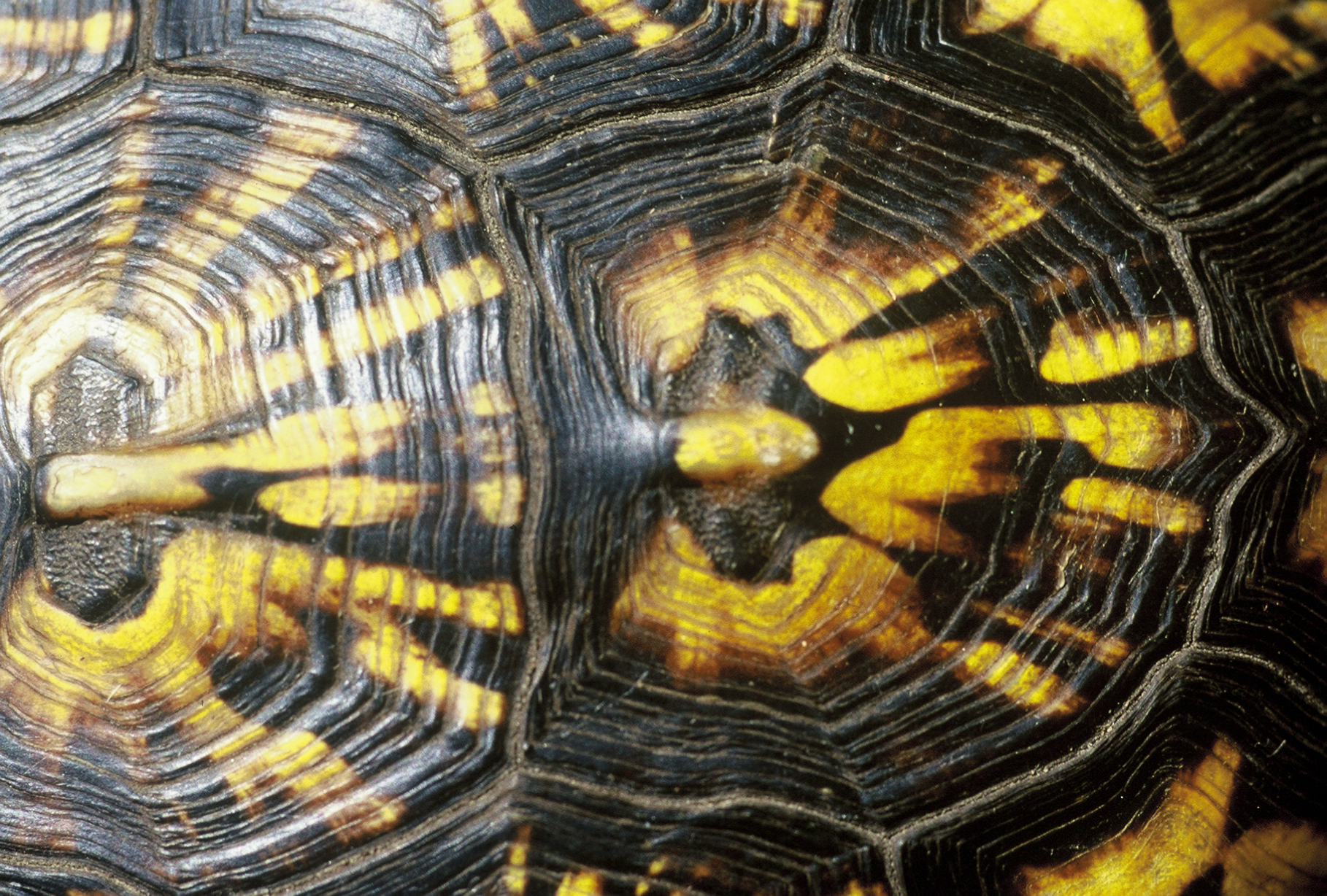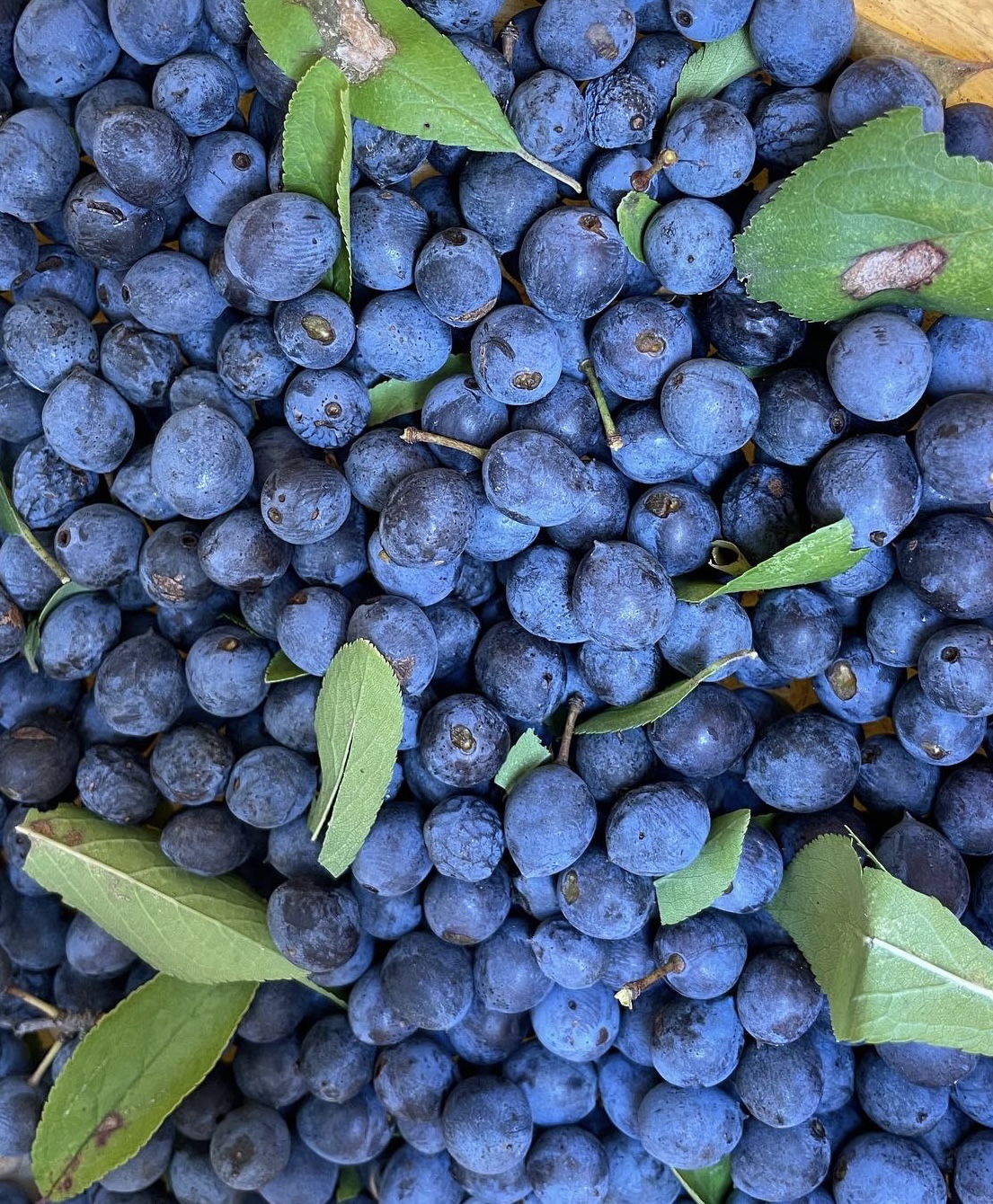


The Ocean is Blue as the Sloe Plum Is
Selected from 100 percent immune to black knot plants our sloe plum seeds represent the highest immunity of black knot on a population level. These are 3rd generation seeds from the original variety 'Plena'. 'Plena' was fully hardy and fruitful in Michigan however the black knot was so severe it wiped out most of the planting after 15 years. When I grew a second generation I found numerous seedlings completely immune to this. As a result, everything else was removed and now the seed strain can go forward from high immunity to this devastating disease of which there is little practical solution to. The cultivar Ocean Blue has been free of the disease for the last 25 years.
This is a good selection for fruit production as well as cultivar development. The plant is very productive and needs little selection to be used commercially. Sloe plum spreads by stolons making it easy to develop and propagate new selections of this widely popular fruit known throughout the world. It has never caught on in the U.S. only because few people had the knowledge of its both health giving properties and well as its use in syrups and jellies.
Ocean Blue Black knot immune selection with an open growth habit with large canes, clean foliage and wide spreading habit. Spreads by stolons. It clones by growing underground roots that spread slowly outward creating a colony. Thinning helps with the yields making the canes larger and more robust creating a twiggy type tops to 4 to 5 feet. Ocean Blue is a selection that can be grown from seed. If grown in a typical orchard environment there are no bugs or diseases that affect the fruit. The rather strong flavor is mellowed if processed with sugar.
Refrigerator method is best: Propagation from seeds. Add a moist media to the seeds like Canadian peat moss and store the seeds for 60-120 days at 38 to 42 F. Seeds will begin to sprout within 60 days in the refrigerator. Some will take longer and others will be doubly dormant requiring a warm period and then another cold period. This will be enough to crack all the stones which will germinate quickly when put at room temperature. But don't throw out the seeds if they do not sprout the first cold dormancy. Common with doubly dormant seeds.
Seeds are offered separately but if you wish for a stolon, then request it with your order under comments and it will be included or sent at a separate shipping time. Seeds are usually sent immediately and stolons are done in the early spring prior to leafing.
| Plant Specs |
| Genus & Species |
Prunus spinosa Plena seed sources |
| Seed Source |
Michigan |
| Height (ft) |
3-5 ft. with 3-10 width if let to stolon |
| Pollination Requirements |
Several plants is likely preferred for fruit yield, however lone plants are fruitful. |
| Soil |
Grows very well in sandy and rocky soil. Not for moist soils. |
| Climate |
Prefers a cold climate. Found in mountainous regions. Not for hot or moist climates. Foliage drops in late August or so. |
| Ease of Cultivation |
Super easy to grow from seed. Careful about damp off. Use an appropriate soil mix to allow good drainage. Once it reaches the height of 3 ft. and the shrubs are putting on spurs, then you know you are close to fruiting. For me it took 4 to 5 years to fruit from seed in Michigan. What to do with the fruit? People use the fruit usually for alcoholic beverages. The tannic fruit is often used a type of health tonic and can be processed into syrup. A few wine and spirit companies have purchased the plants and seeds from me for several years. No nurseries offer this plant as far as I can tell. I was told I had the only planting in North America. |

